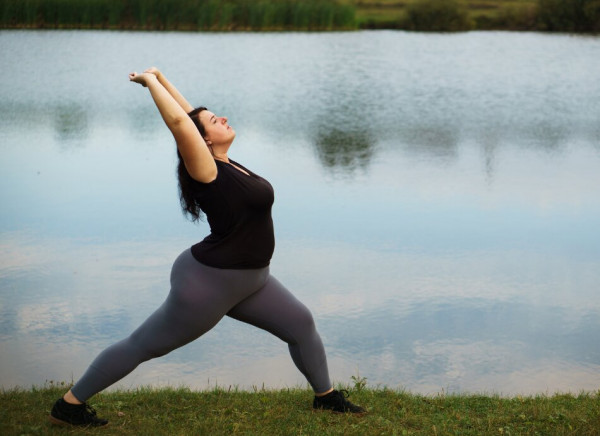- Small steps are the key to change – choose what feels manageable and build from there.
- Making your own self-care a priority can help you cope better with the challenges of life.
- Looking after your physical health helps your mental wellbeing.
- Having ways to reduce and manage stress increases your resilience.
- Getting help when you need it is a sign of strength, not weakness.
- Staying connected to family, whānau and friends can help you feel better.
- Spending time in nature is key to your wellbeing.
- Finding a purpose increases your sense of meaning and belonging.
Read more about living well with depression.
Lifestyle changes
Looking after your physical health is an important way to improve your mental health. Improvements to 4 aspects of your daily life can greatly reduce your depression: sleep, exercise, diet and the use of alcohol or other recreational drugs.
Sleep
Trouble sleeping or insomnia is closely associated with many mental illnesses, both as a symptom and a possible trigger. It happens most commonly in major depression, with about 80% of people with depression experiencing insomnia.
Good sleep can improve your mood and also give you more resources for coping with life’s challenges. Find out about why sleep is important and read more about these sleep tips or sleep apps. If you're still having problems with your sleep, talk to your healthcare provider about it.
Physical activity
People who are inactive are up to twice as likely to have depressive symptoms as active people. Even 1 hour of exercise a week has been found to help with depression.
Find out more about physical activity and mental health and the general benefits of being active.
Diet
What we put into our bodies effects not only our physical health but also our mental wellbeing. A direct link has been found between nutrition and depression. Find out about healthy eating basics to make sure your food is providing you with the nutrients to help keep depression at bay.
Alcohol and other recreational drugs
Alcohol and other drugs feel like they give you a lift in mood straight away, but the overall effect is to make things worse. Read more about alcohol and mental health.
Other things that may help
Mindfulness
Mindfulness, the practice of being aware of each moment of your day as it happens, has been shown to be effective for some people with depression by helping to ease tension and promote calmness. You can learn how to do this from mindfulness videos or look for a local group in your area. Read more about mindfulness.
Daily Planning
Our bodies have circadian (daily) patterns which are interrupted when we have depression. This might be part of getting depression in the first place. Having structure in your day helps. Here are some things to try:
- Set a time to get up and a time to go to bed each day, and stick to it.
- Set small, doable goals which are important to you. That might be having a shower, or talking to a friend on the phone for 10 minutes.
- Plan 1 fun thing to do every day. That might be listening to your favourite song or lying on the grass.
- Plan exercise 2 or 3 days a week – every day if you can. That might be walking to the letterbox, or going for a bike ride, depending on how severe your depression is and how your physical health is going.
St John’s wort
Research has found that St John's wort is useful in the treatment of mild-to-moderate depression, but not effective in severe depression. How St John’s wort works isn't fully understood but it's believed to affect chemicals in your body, eg, serotonin and noradrenaline.
You can buy St John’s wort from your pharmacy. However, many of the chemicals in St John's wort interact with medicines used to treat depression and other illnesses. It's important to let your healthcare provider know if you want to try St John's wort so that they can check if it might interfere with other medicines you're taking.
Hauora Māori
For Māori, Western models of mental health and mental healthcare may not be a good fit. An approach based on a Māori model of health has a holistic understanding of wellbeing. For example, the 4 cornerstones (or sides) of Māori health in the Te Whare Tapa Whā model of health are:
- whānau (family health)
- tinana (physical health)
- hinengaro (mental health)
- wairua (spiritual health).
Find a healthcare provider who has a kaupapa Māori approach to wellbeing(external link).
Alternative approaches
Some complementary therapies may enhance your life and help you to maintain wellbeing. In general, mindfulness, hypnotherapy, yoga, exercise, relaxation, massage, mirimiri massage and aromatherapy have all been shown to have some effect in easing mental distress.

Image credit: Canva
Apps reviewed by Healthify
You may find it useful to look at some Depression apps and Mental health and wellbeing apps.











